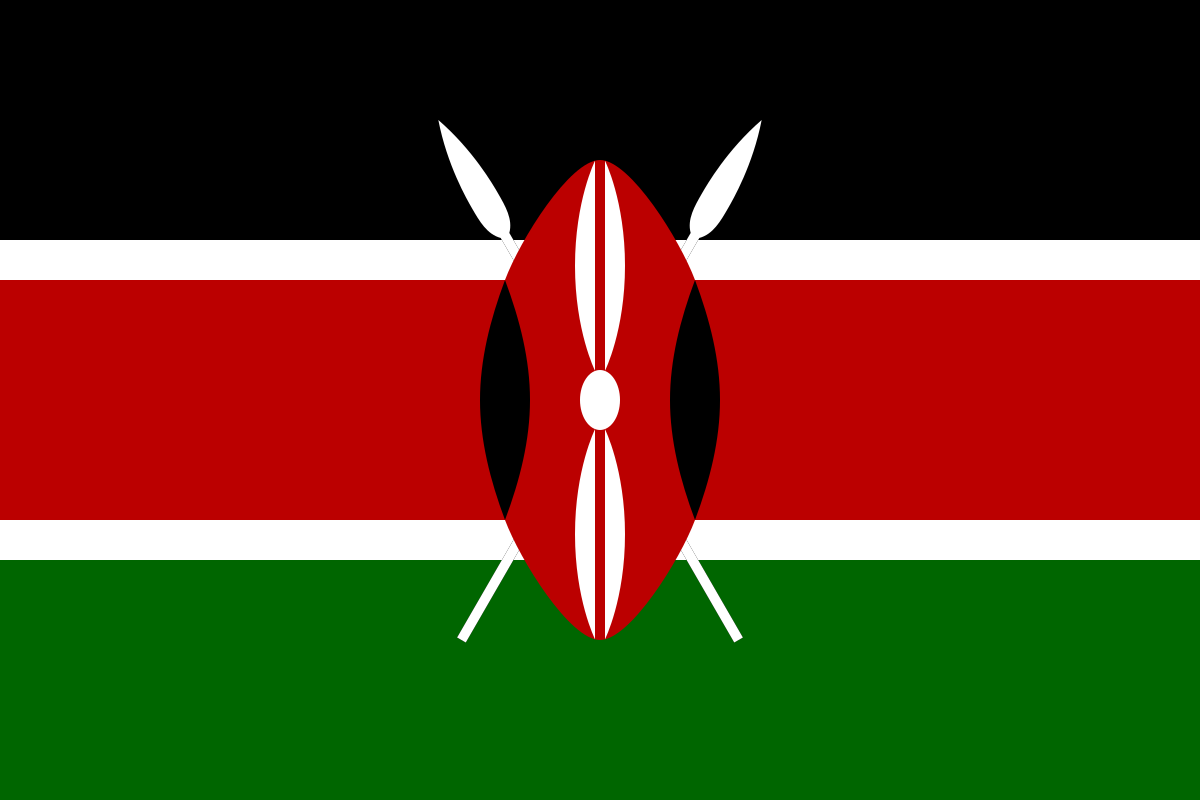Attorney General Justin Muturi has defended the appointment of additional 27 Chief Administrative Secretaries and wants the court to dismiss a petition seeking to bar them from assuming office.
The AG, through State Counsel Emmanuel Bitta, argued that the suit by Eliud Matindi lacks merit and has already been overtaken by events since all the 50 CASs had been sworn in by President William Ruto.
“In any case, the dispute is about the appointment to a public office which is a reserve of the Employment and Labour Relations Court and not the High Court. That is why we are asking the High Court to dismiss the case,” said Mr Bitta.
But Mr Matindi, who is a Kenyan living in the United Kingdom, insists that the CASs were illegally sworn in office and wants the court to stop them from drawing salaries or accruing benefits from the offices until his petition is determined.
According to Matindi, President Ruto hurriedly swore in the CASs to defeat justice when his government was aware that the suit was still pending determination.
“That action was intended to sabotage this application and say the matter has been overtaken by events. But the court still has powers to issue appropriate orders notwithstanding the appointments and stop the CAS from drawing salaries,” he said.
Matindi wants the court to nullify the creation of the new CAS positions, arguing the law allows the president to appoint only 23.
He argues that the Public Service Commission only advertised for 23 positions for which eligible candidates were interviewed, and that the additional slots are meant to reward political cronies while punishing taxpayers who will shoulder the burden of their salaries.
Matindi wants the court to declare that Ruto violated the Constitution and the law by creating the office of the CAS, specifically the additional 27 positions that he wants the court to quash.
But the AG argued that the petition was misguided as the petitioner wrongly sued the president in his official capacity when the Constitution shields him from legal disputes.
Bitta defended the creation of additional 27 slots, arguing that Ruto was within the law to make the appointments after consulting the Public Service Commission.
Justice Hedwig Ongundi directed the parties to file their submissions and scheduled the hearing for March 28. - Paul Ogemba, The Standard






